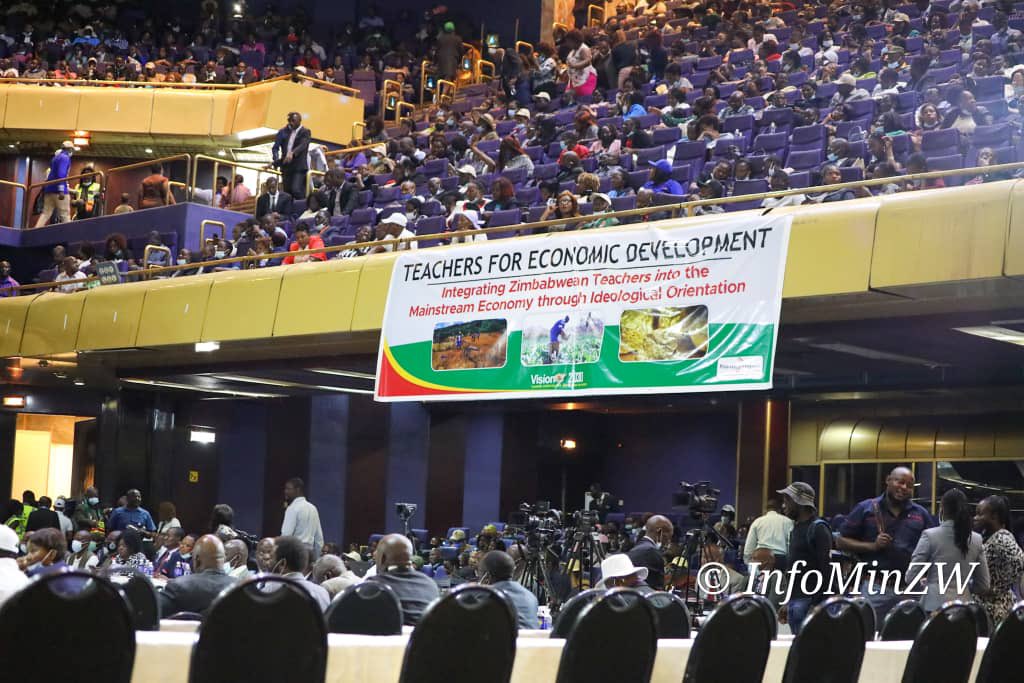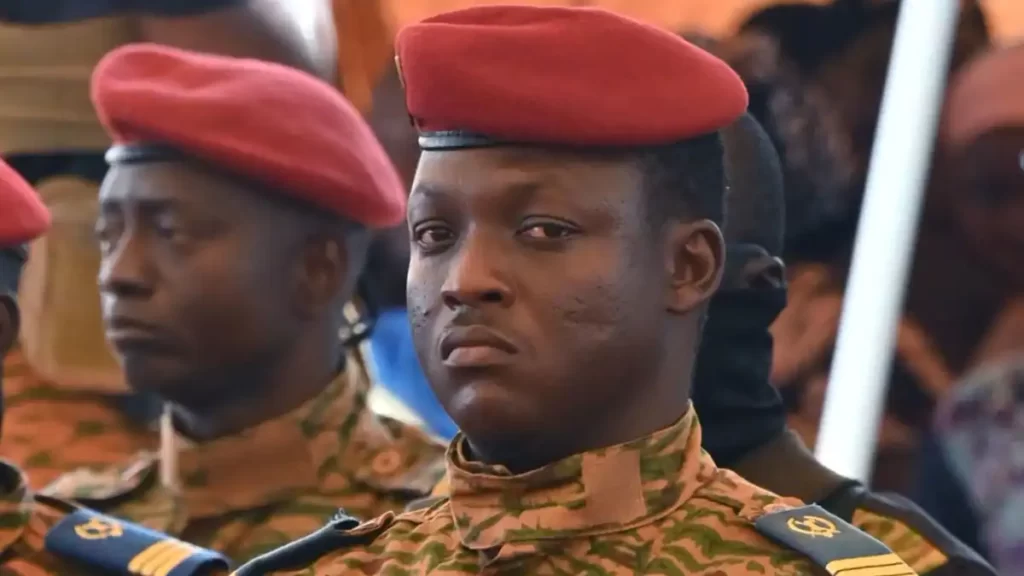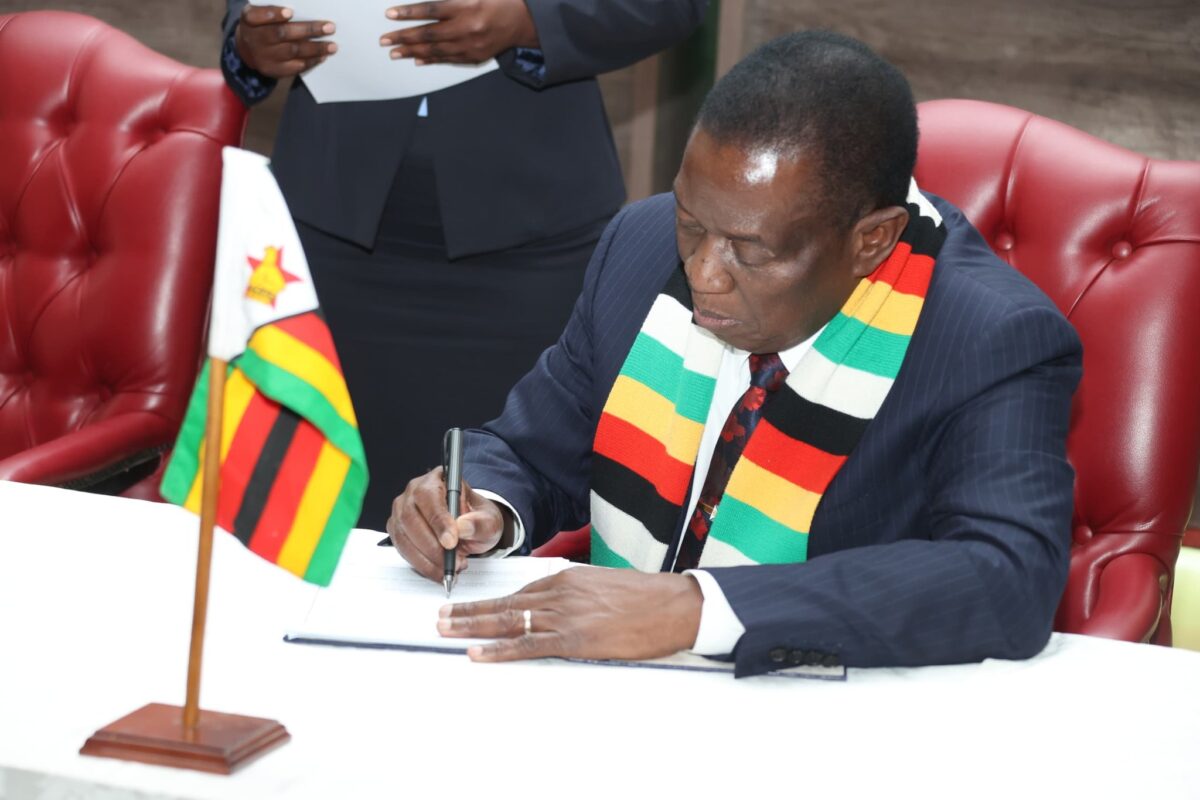BULAWAYO – The government has ordered schools to plan “anti-sanctions” events for October 25, ZimLive has learnt.
The date was declared by SADC as a Day of Solidarity Against Sanctions on Zimbabwe.
Form 4 and Upper Sixth pupils are currently sitting their final examinations and teachers’ unions complained that the planned events are disruptive to learning.
The ministry of primary and secondary education has told ZimLive that no children or teachers will be forced to participate.
The ministry’s spokesman Taungana Ndoro said: “It’s common cause that civic education on the matter has taken root and is beginning to strongly espouse UNESCO’s own definition that ‘citizenship education can be defined as educating children, from early childhood, to become clear-thinking and enlightened citizens who participate in decisions concerning (their) society.’
“As we embrace our competence-based curriculum, it therefore, follows that without any coercion, our schools and pupils are bent on voluntarily holding anti-sanctions events on October 25 to express the impact sanctions have had on their society, their community and their nation – Zimbabwe.”
On Tuesday, at least 6,000 teachers left their schools after being bussed to Harare under the banner of ‘Teachers for Economic Empowerment’ or TeachersforED, a not-so-subtle name for President Emmerson Dambudzo Mnangagwa’s cheerleaders in the profession.
Amalgamated Rural Teachers’ Union of Zimbabwe president Obert Masaraure said: “The government and Zanu PF are developing a shocking obsession with disrupting learning in our schools. This disruption of learning is a package of sanctions against our young learners and the future of our nation.
“The real sanctions we face are an incompetent government, corruption and disregard of the law. The Zanu PF-led government should stop abusing learners, teachers and school property in their senseless shadow boxing.”
Mnangagwa’s regime has used targeted United States and European Union sanctions as an excuse for presiding over a failing economy, high jobless numbers and diminishing incomes.
The United States and other western countries deny that the sanctions are the cause of Zimbabwe’s economic malaise, instead pointing to corruption, abuse of state institutions and disregard for the rule of law as the causes of the unfolding crisis.
The United States has set conditions for lifting the sanctions, among them aligning laws with a constitution adopted in 2013, holding free and fair elections and dealing with corruption.
During last year’s sanctions marking events, the United States embassy in Harare said: “There is no U.S. trade embargo on Zimbabwe. If an individual or entity is not on the sanctions list, U.S. companies can trade with that individual or entity. In fact, the U.S. embassy is here to help Zimbabwean businesses find trusted U.S. partners for their needs.”
















